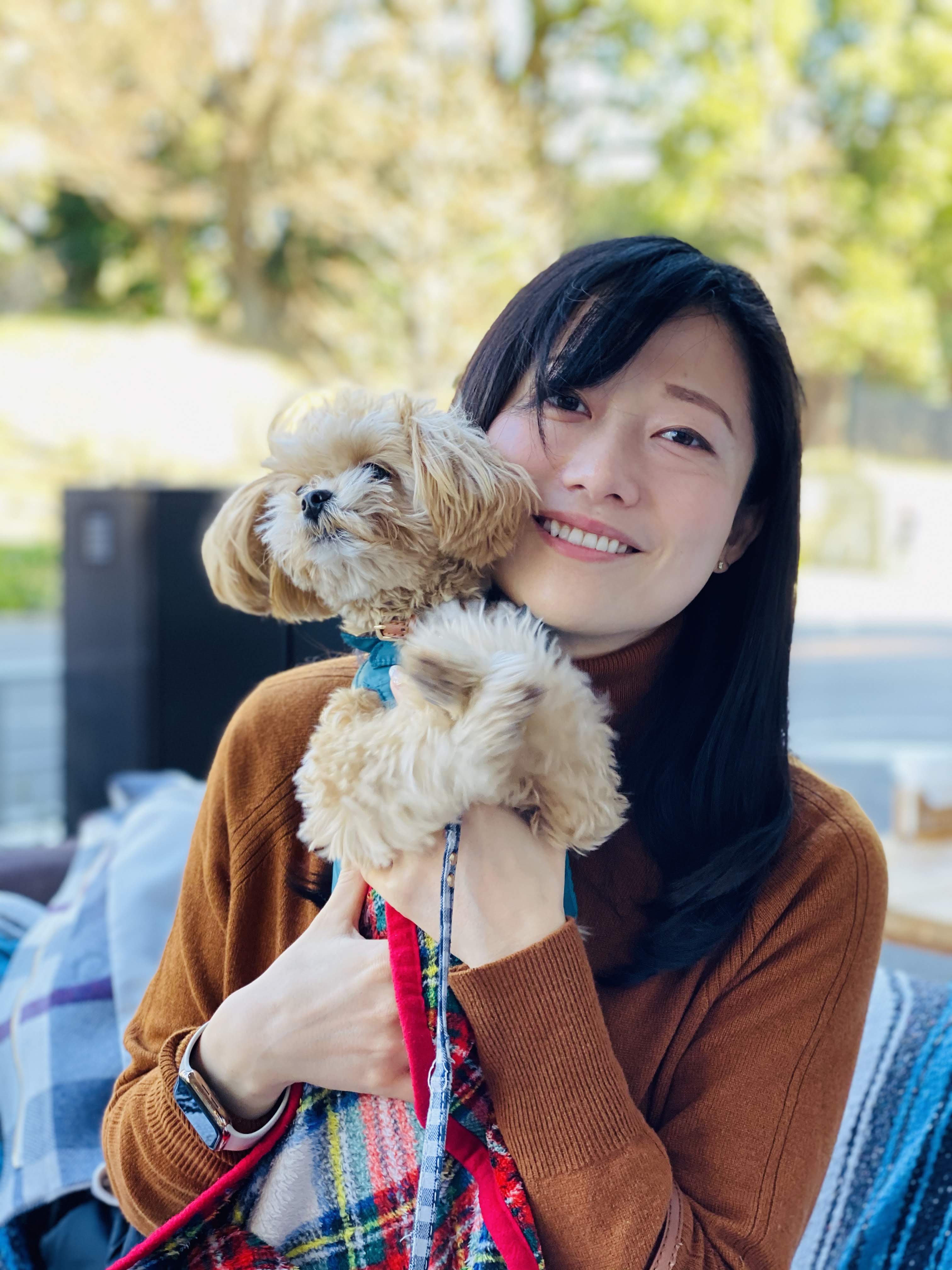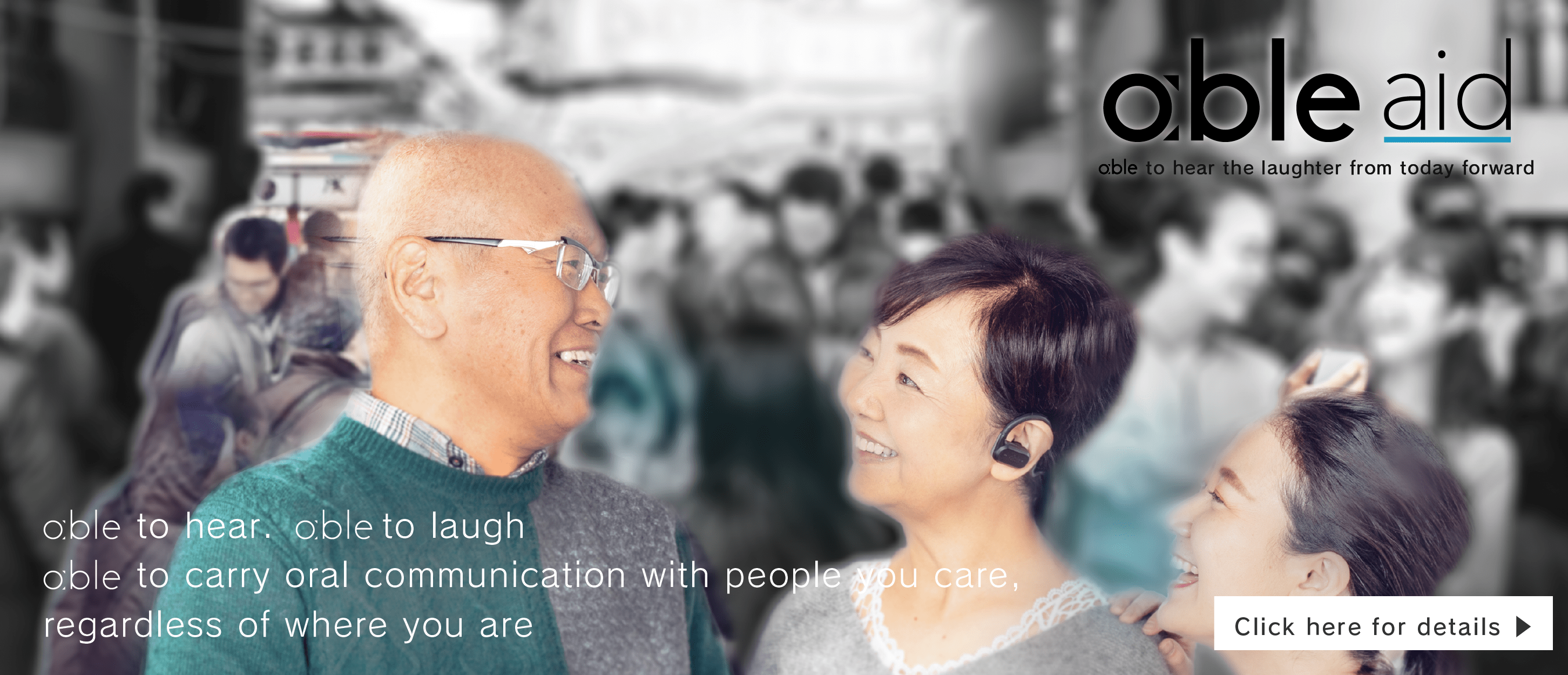
Paralympics -- what is its history?
The spread of COVID19 has forced a one-year postponement of the Tokyo 2020 Olympic and Paralympic games.
The paralympic games will host 22 sports including wheelchair rugby, football 5-a-side and paralympic judo.
But did you know that the paralympics do not host sports by athletes who are deaf or hard of hearing?
Why are they not part of the sports event and what was the background behind the start of paralympics?

Author:Riyo Aomoto
Global Writer
Index
- “History of Paralympics: Why no sports for DHOH!?
- ICSD’s achievements: About Deaflympic
- Author’s note
History of Paralympics: Why no sports for DHOH!?
Olympics and paralympics have strengthened their cooperation ever since the 11th Paralympic games held in Sydney in 2000.
Paralympics is considered to be the other Olympics, which is for disabled athletes and is held once every four years at the same location as the Olympics and right after those games come to an end.
But why are DHOH not invited to the paralympics?
According to the Japan Paralympics Committee, those with disabilities began to organize and engage voluntarily in sports activities after the 19th century. In 1888, a sports club for people with hearing difficulties was created in Germany, followed by the launch of the German Deaf Sports Federation in 1910.
After the First World War, as showcased in the creation of the cycling club for the disabled and the half and upper golf association in the UK, more and more people with disabilities were enjoying sports.
The Paralympics began after the Second World War.
In 1985, the International Olympic Committee, the IOC agreed to the International Coordination Committee, the ICC naming its international games for the disabled, held concurrently with the Olympics, as the Paralympics.
In the next year, the ICSD, an international sports organization for people with hearing disabilities, and the International Federation for sport for athletes with a Mental Handicap (currently known as the International Sports Federation for Persons with Intellectual Disability) joined the ICC, the Paralympics expanded rapidly.
But in 1995, the ICSD withdrew from the IPC only after 10 years since they joined.
According to a report that Dr. Donalda Ammons, chairman of ICSD, submitted in 2009 to the IOC, “rising expenses” were one of the reasons behind the withdrawal.
The ICSD’s limited access to government and public fiscal support, the heavy financial burden to be paid to IPC for sign language interpretation expenses based on needs unique to DHOH athletes, and the difficulty associated with accepting an influx of athletes with hearing disabilities apparently prompted the ICSD to withdraw from IPC.
That is why athletes with hearing disabilities are not part of the Paralympics.
ICSD’s achievements: About Deaflympic
In terms of an international sports event for people with disabilities, the first international games for the deaf, predecessor of the current deaflympics, held in Paris in 1924 by the International Committee of Sports for the Deaf (ICSD) established the same year, was the first of its kind.
I guess some of you have never heard about this before, “Deaflympics” is an olympics event specifically for athletes with hearing disabilities.
The summer games were held for the first time in France in 1924, and the winter games in Austria in 1949.
It is an international sports event for people with auditory disabilities, run by DHOH themselves.
In the latest example, the winter deaflympics was held in Italy in 2019. The next summer deaflympics, marking its 24th sports event, will be held in Brazil.
The Deaflympics started in 1924 in Paris, France with 148 participants from 9 countries. The 23rd summer deaflympics held in Turkey in 2017 saw 2,859 participants from 86 countries.108 athletes from Japan took part in track and field, badminton, cycling, soccer and other fields of sport.
Olympics, Paralympics and Deaflympics -- athletes dedicate time and effort towards their respective sports event. Some athletes even thrive across events.
For example, Nanami Miyasaka, a student at Graduate School of Nippon Sport Science University, is a major player in the field of clay shooting.
She was recognized as an Olympics hopeful in August, 2020. She won first place for two consecutive years in trap shooting at the JOC junior Olympics held most recently in August.
Her concentration nurtured through Kendo and her ability to take in visual information are said to have greatly enhanced her competitiveness.
Masateru Yugami, a discus thrower at Toyota Motors, suffers severe hearing difficulties and received a cochlear implantation surgery while in elementary school. He has won first place at national track and field championships.
At the 2018 Japan championship, he broke the national record three times and won the championships marking 62.16 meters.
In his 2018 interview with Buzzfeed, Yugami said hearing disabilities can be empowering. He says when he throws the discus he takes off his hearing aid and create complete silence which helps him concentrate.
Miyasaka and Yugami recognize their handicap can be their strong hold and make effort to hone their abilities.
Their passion and ambition resonate with our heart. They should be encouraging for people with similar disabilities.
Author’s note
To me, the Olympics and the Paralympics are something beyond sports and are the engine that motivate people’s hearts.
There are many people other than Miyashita and Yugami who maintain a positive attitude despite having handicaps including but not limited to deafness and hard of hearing.
I was also moved by how the athletes kept on advancing forward without indulging in pessimistic thoughts.
If you are worried about your health conditions, it is worth reading further about their activities.
Please know you have my full and sincere support.
References
Author of this article

Riyo Aomoto
Global Writer
She spent four years covering the U.S. economy for the U.S. bureau of a Japanese news agency, writing and translating articles.
Based on the latest articles and papers on the U.S. economy, she provides a global perspective on Japan's hearing loss and the current state of hearing aids and sound collectors.
Products considered by the authors and readers of this article


